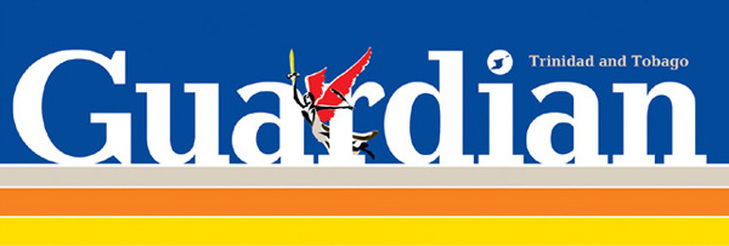Now for some Becker’s truth about the social sciences (no matter the breadth of theoretical, methodological and technical resources used to avoid the implications of such distortions) is another reason to cry foul of tertiary institutions and the social science knowledge they produce. Yet not accepting limits to objectivity in the social sciences and holding on to it in blind faith misses a central truth about the production of all knowledge, not just in the social sciences but throughout society that some voices are louder than others, or what Becker called “the hierarchy of credibility.”
In any hierarchical system, much like our local class system where groups are ranked by wealth and status (and race), people assume that “members of the highest group have the right to define the way things really are.” This is in part because of culture and the process of socialisation. In other words, members of a hierarchical system intrinsically belief the narratives told by those at the top should be held in the most credible light because they’ve learnt this as a lesson in morality from early in life.
To be a proper member of the class system one must respect the superordinate group in society knows better than the subordinate. Accusations of “bias” in social science research, after all, are most often thrown at findings from and supporting the point of view of the subordinate, not that favouring officialdom.
This is because quality social science research does not accept the hierarchy of credibility. It often investigates points of view and asks questions that upset “normality.” As such it can disrespect not just the established order of things but also the responsible officials who’s job it is to run, and maintain our institutions and the status quo.
Now Becker’s argument has more elements to it than we can do justice to here, but if we accept its central logic (and that in taking sides our central concern must be to not permit distortions so great as to make the work useless) how might we learn about what sides current and future social science research in the Caribbean takes? What are the local social scientists of tomorrow thinking about? What are the challenges they see? What are the opportunities?
One place to look is at the research being designed, undertaken and completed by the postgraduate researchers at the University of the West Indies. And one place to see and hear about a large body of this research is this Thursday and Friday at the UWI Department of Behavioural Sciences second biennial postgraduate research conference. The conference theme is, The Caribbean Today: Facing Challenges and Assessing Opportunities Through Postgraduate Research.
On Thursday, April 9, the proceedings run from 1pm to 5pm and are designed to empower and develop postgraduates themselves. The afternoon includes a keynote presentation on postgraduate research by Prof Jason Young from the City University of New York. There will also be a professional development workshop and networking events.
On Friday, April 10, from 8.45am to 5pm, the conference is dedicated to the presentation of postgraduate research at various stages of completion. There will be over 50 individual presentations across 11 different panels and an interdisciplinary poster session.
The panels have been grouped together thematically to allow for researchers across various social sciences to connect to and step across their disciplinary boundaries too. Themes include: Reintegration and Recidivism; Gerontology; Education; Police, Security and Society; Gender; Culture and Change; Crime and Criminogenic Behaviour; Social Media and the Internet; Family Life and Relationships; and Labour, Management and Development.
Building on the great public attendance and success of the first conference in 2013 this year’s conference has similar goals, such as providing a forum for the wider national community to learn about their postgraduate researchers and their research, the development of postgraduates as public speakers, and to foster a healthy culture of postgraduate research.
Conference attendance is free and open to the public on both days. And we invite all members of the public to come and find out what many postgraduate social scientists from the UWI and other tertiary institutions in the Caribbean are working on. And if you get the chance, perhaps you can ask them how they would answer and deal with Becker’s famous question.
For further info http://sta.uwi.edu/conferences/15/caribbeantoday/index.asp

 RSS Feed
RSS Feed